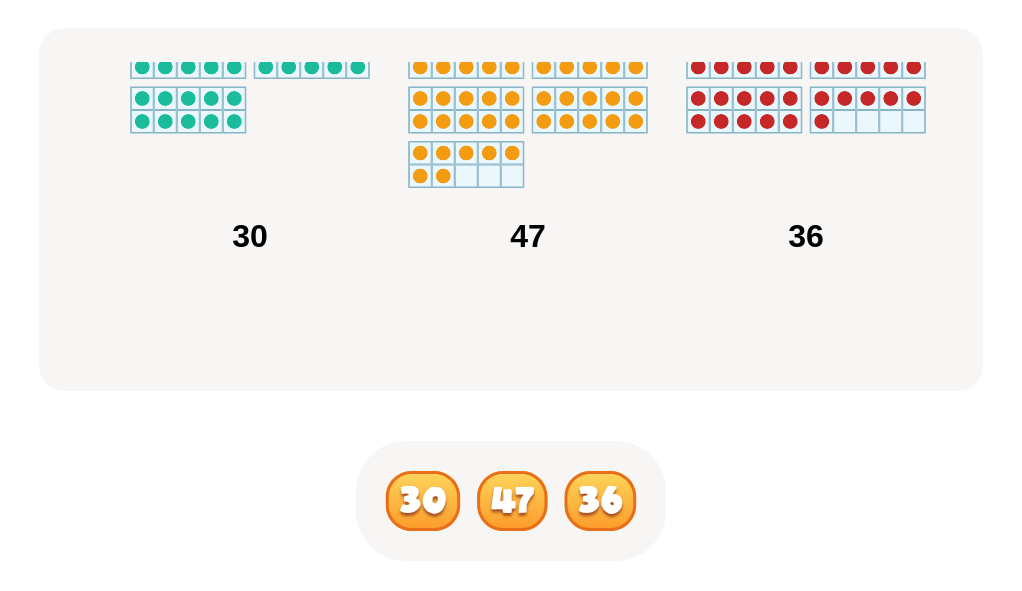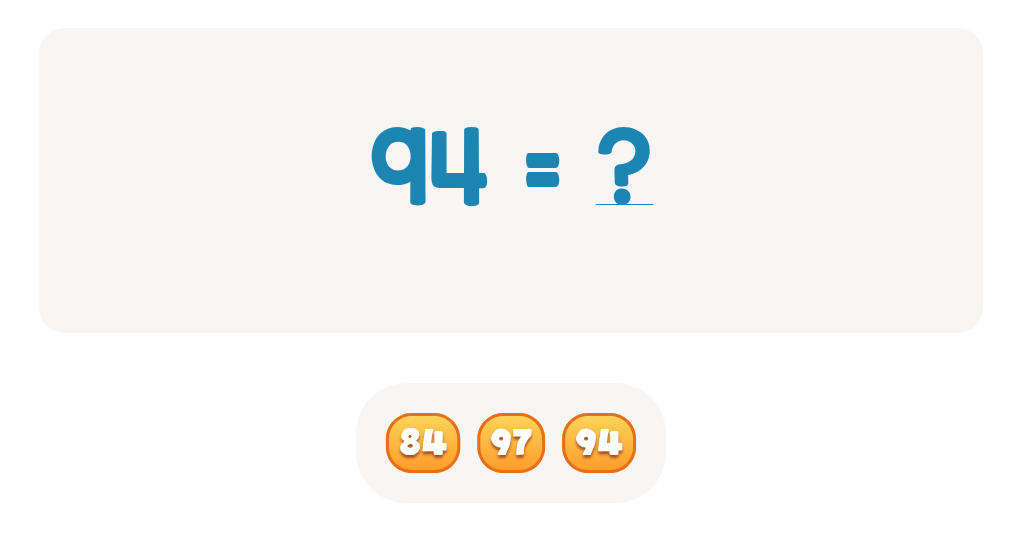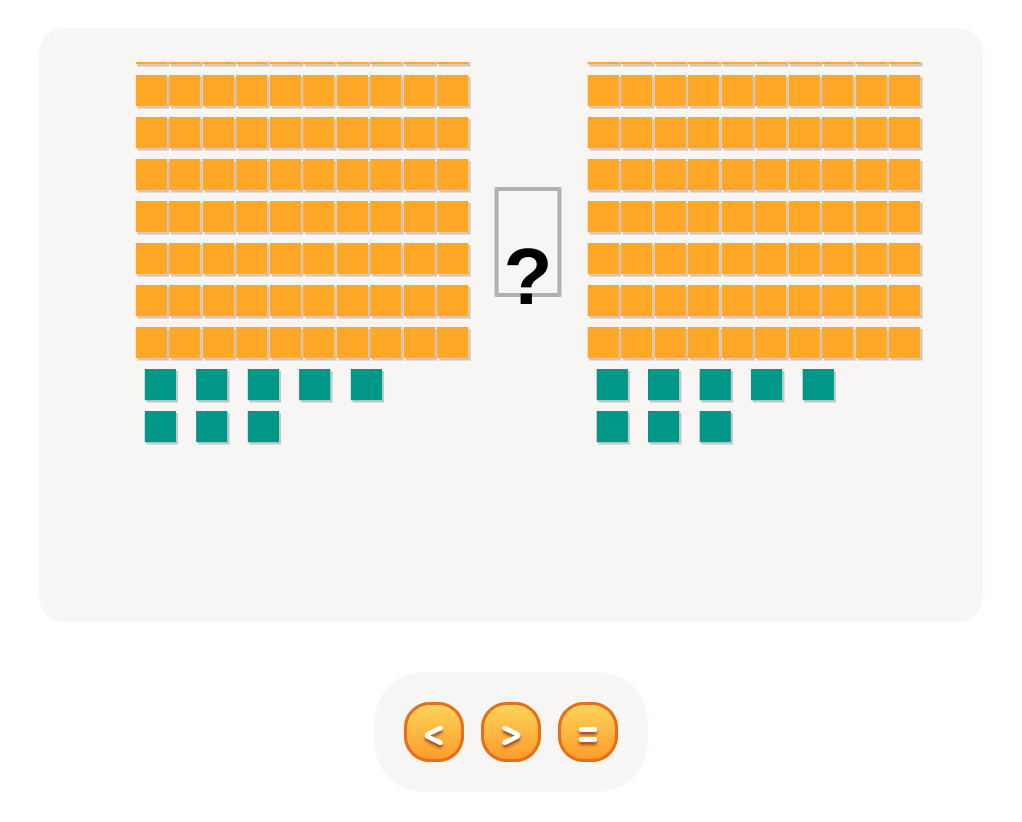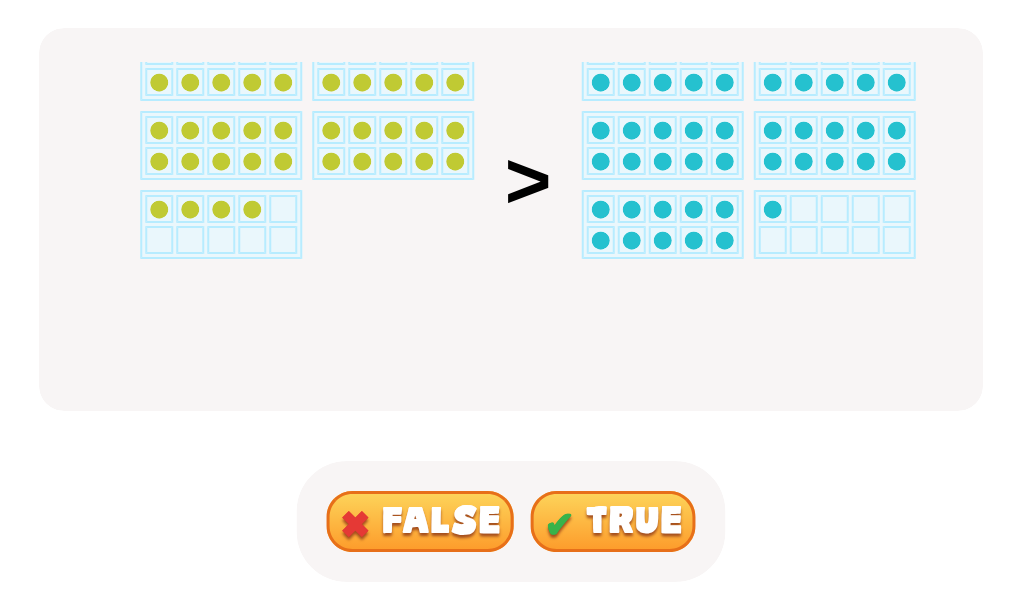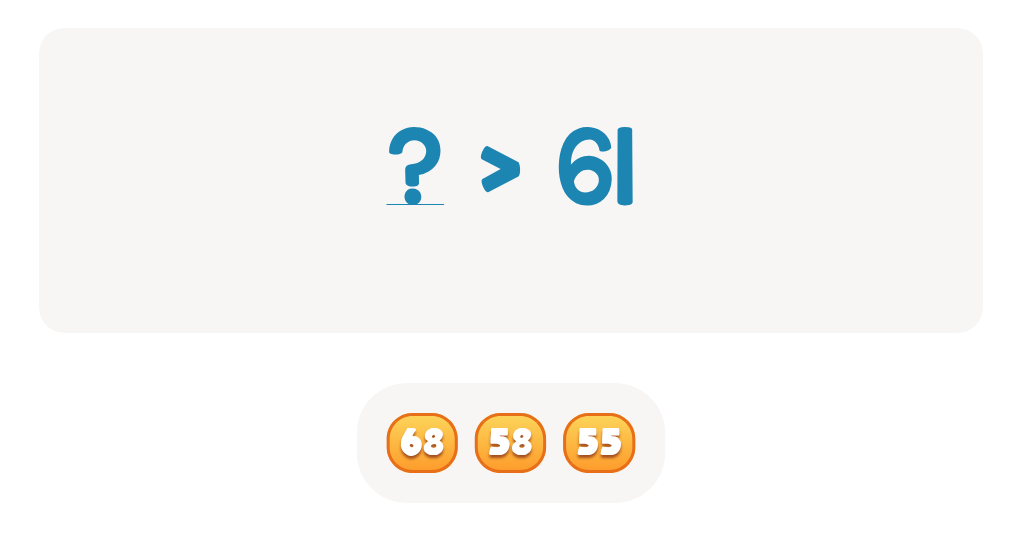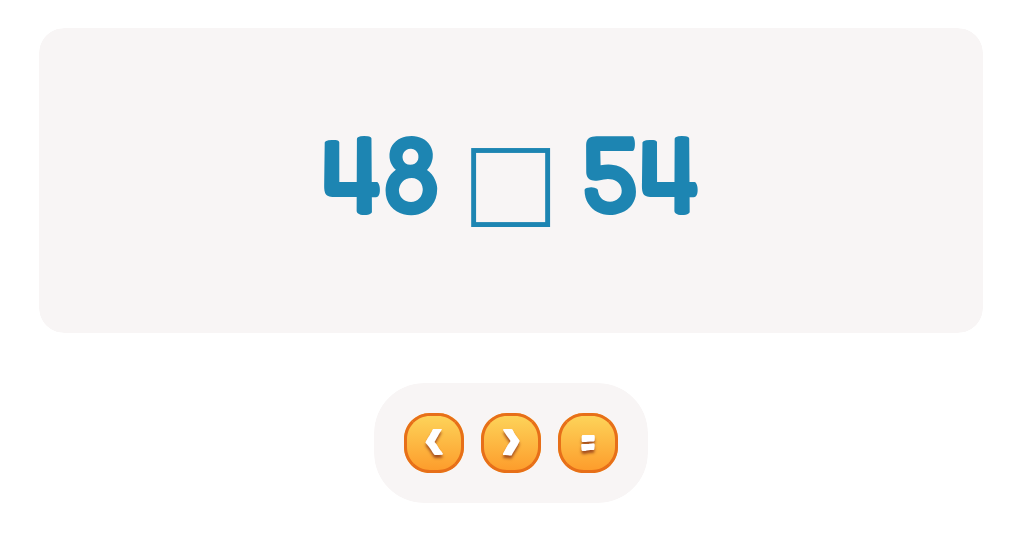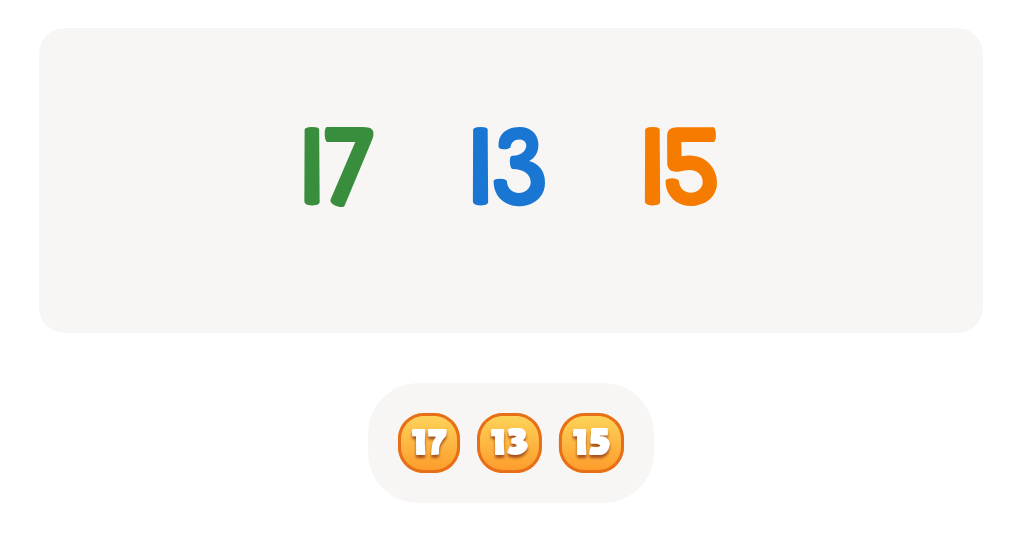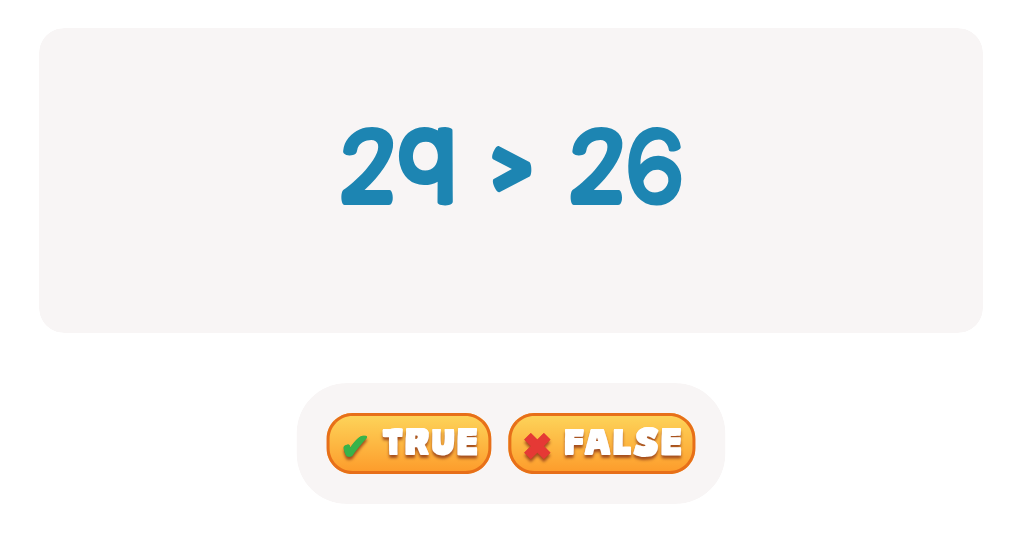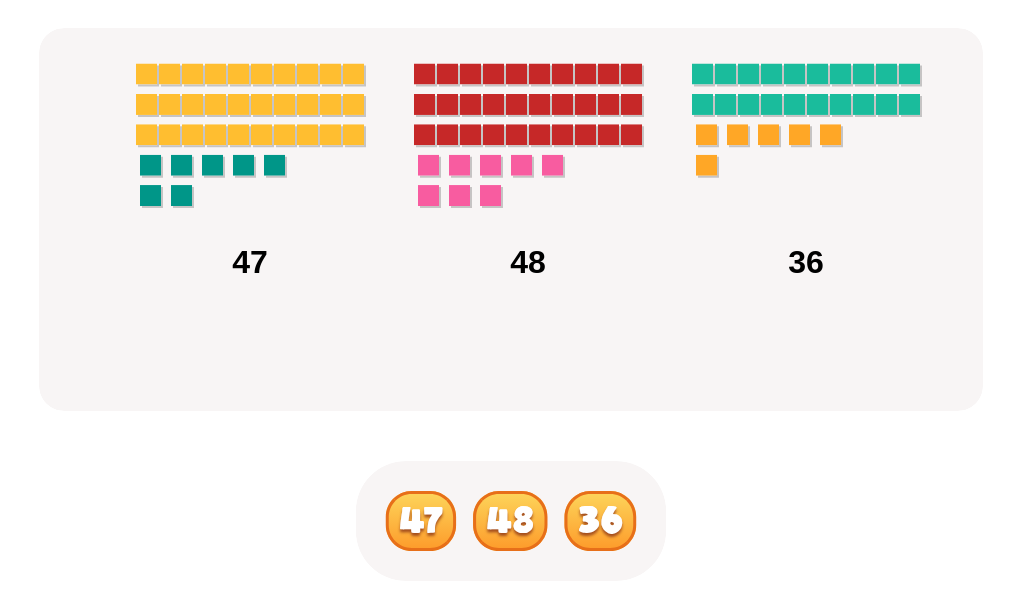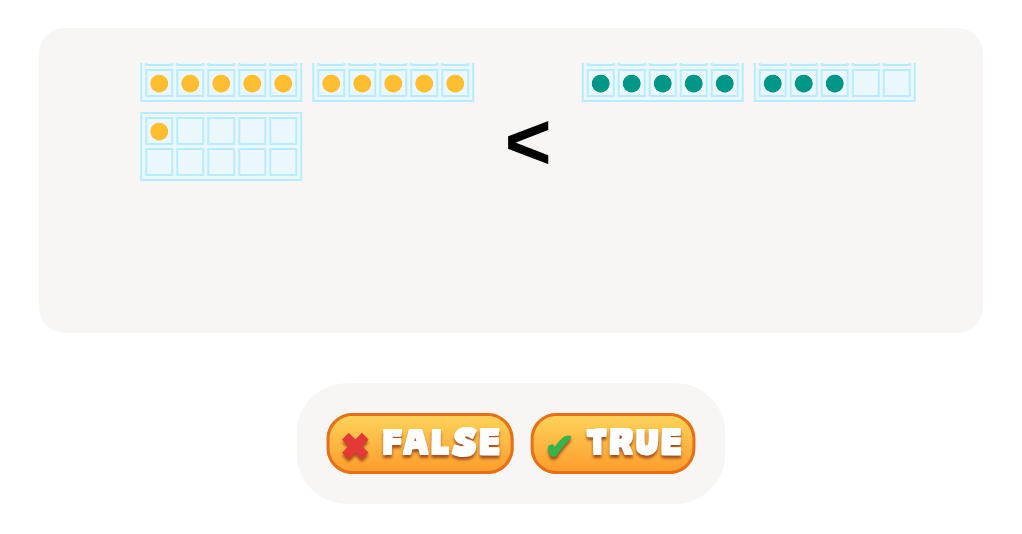Developing analytical thinking Comparing Numbers Worksheets for Ages 3-8
3 filtered results
-
From - To
Dive into our "Developing Analytical Thinking Comparing Numbers Worksheets" designed specifically for children aged 3-8. These engaging worksheets promote essential mathematical skills, helping young learners understand the concept of number comparison. Through fun activities, children will explore greater than, less than, and equal to interactions, enhancing their critical thinking and problem-solving abilities. Each worksheet fosters creativity while nurturing foundational math skills necessary for academic success. Ideal for both classroom and home settings, these resources provide interactive learning experiences that keep children excited about math. Empower your little ones with strong analytical thinking skills—start comparing numbers today!
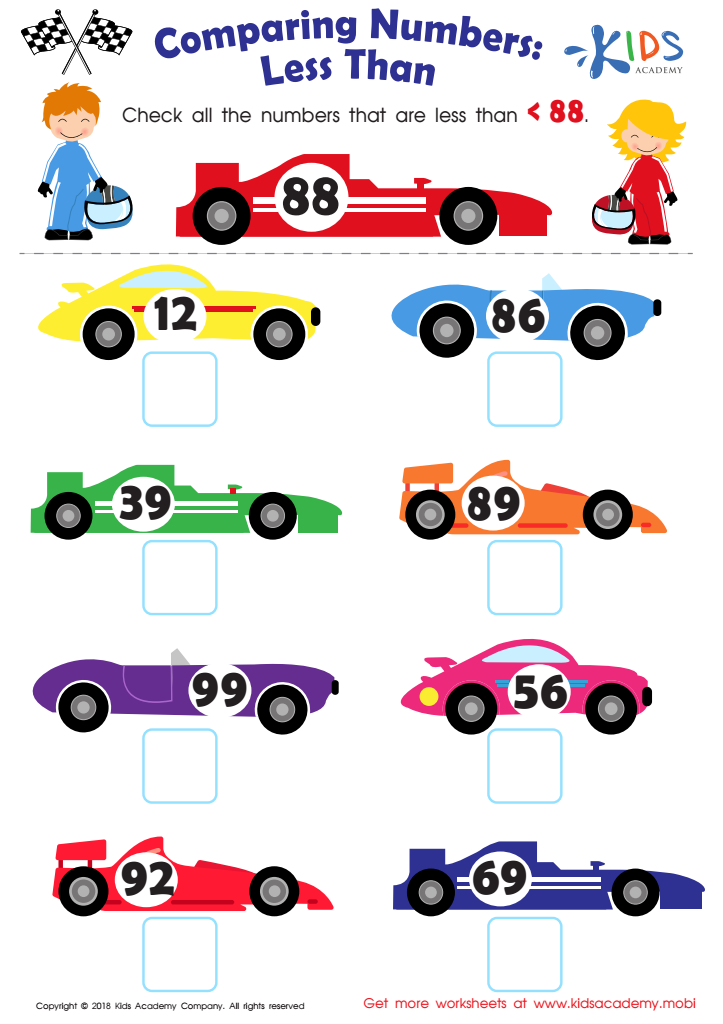

Less Than Worksheet
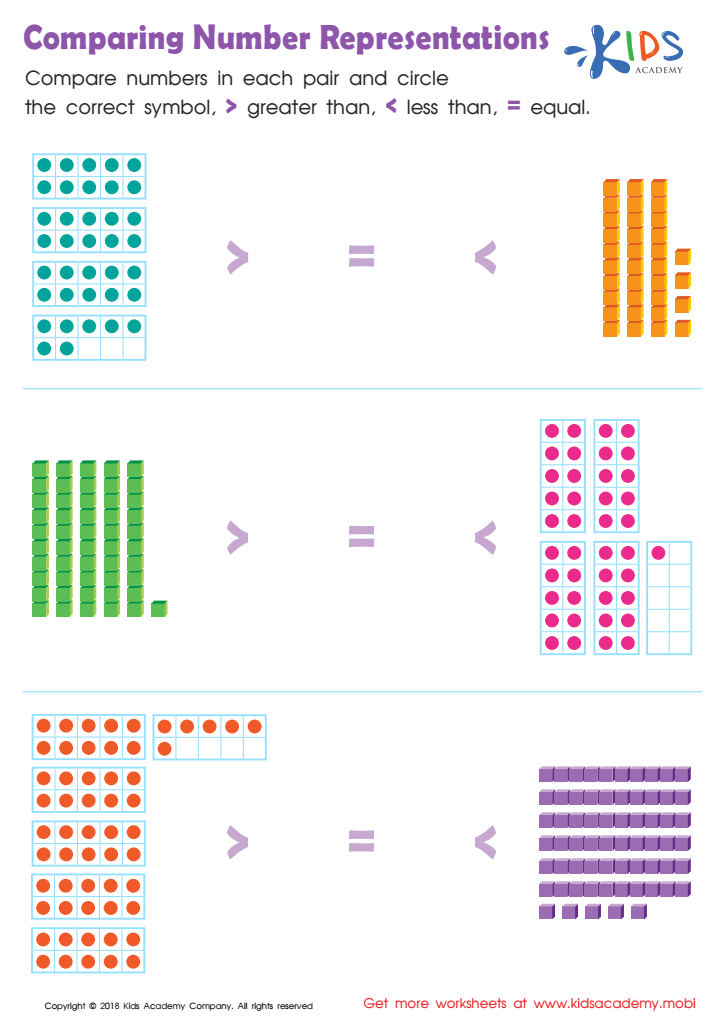

Comparing Number Representations Worksheet
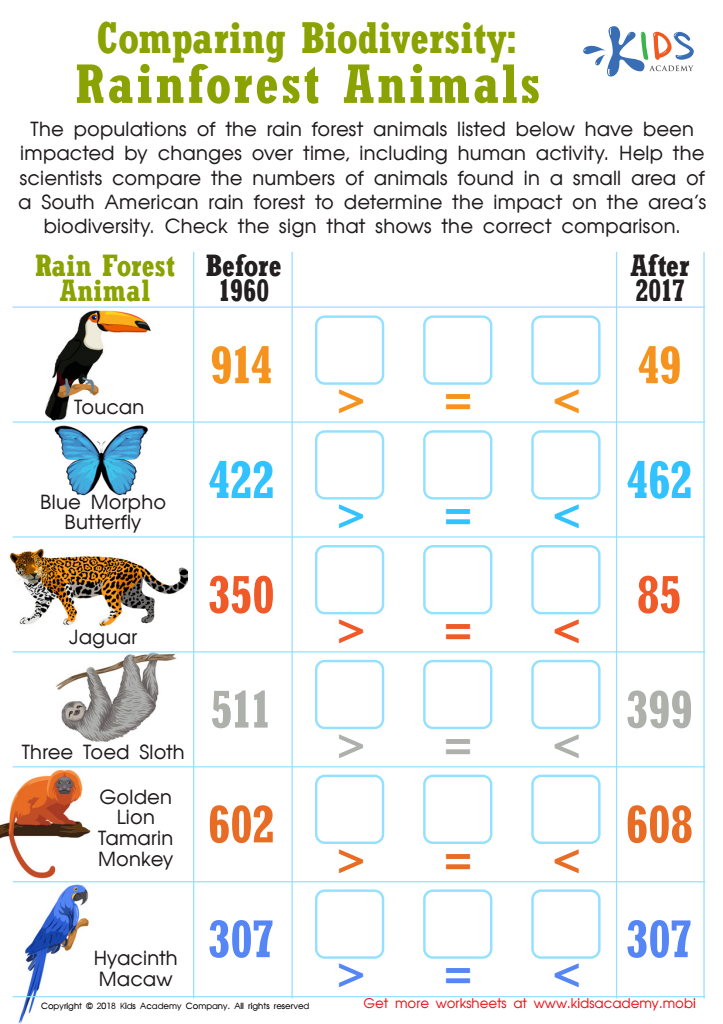

Comparing Biodiversity: Rainforest Animals Worksheet
Developing analytical thinking skills in young children, especially through activities like comparing numbers, is crucial for their cognitive development and future academic success. For parents and teachers, fostering these skills helps children understand foundational mathematical concepts and enhances their problem-solving abilities.
When children learn to compare numbers, they develop a keen sense of quantity, which aids in understanding concepts such as greater than, less than, and equal to. This foundational knowledge is essential as it directly correlates with their ability to grasp more complex mathematical ideas later in their education.
Moreover, analytical thinking encourages children to observe, question, and draw conclusions based on their experiences. It nurtures curiosity and promotes active learning through exploration and critical analysis. By engaging children in comparing numbers, educators and parents can help them build important skills like logical reasoning and decision-making.
Additionally, developing these skills early on can boost children’s confidence in their abilities, promoting a positive attitude toward learning and math. Ultimately, investing time and resources into developing analytical thinking through number comparison benefits not only individual children but also lays the groundwork for a mathematically literate society. This emphasis on learning provides children with the tools necessary for future academic and real-world challenges.
 Assign to My Students
Assign to My Students
